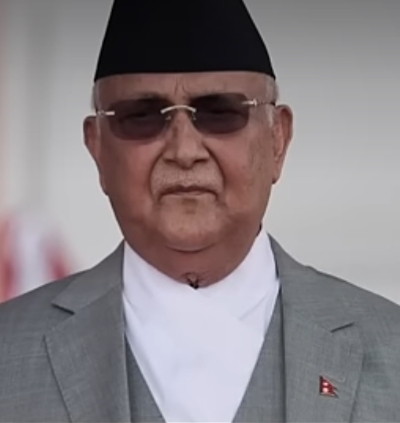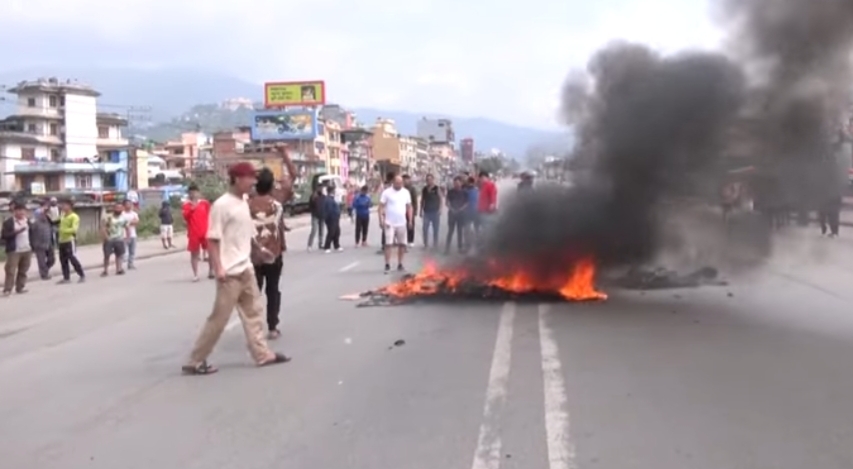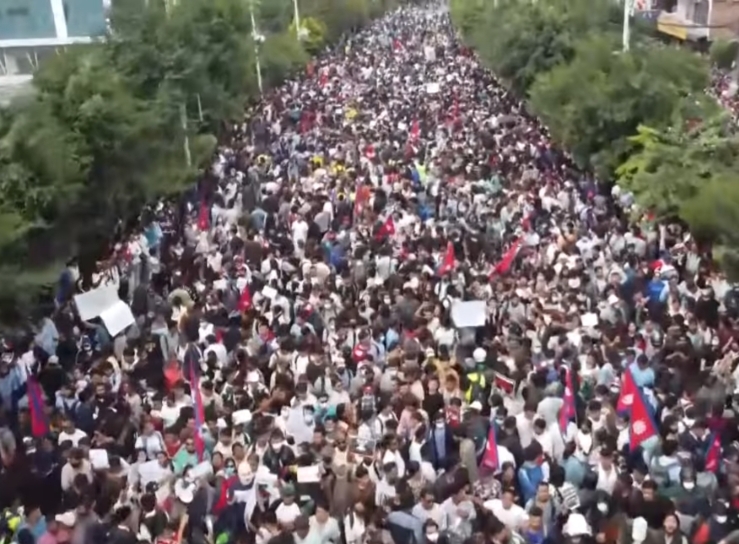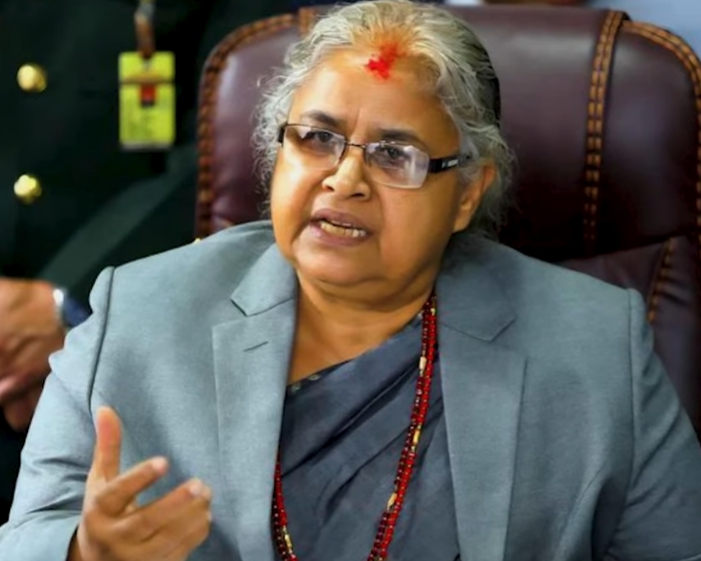



Nepal’s Phoenix Moment: Sushila Karki Steers a Fractured Nation Toward Renewal as India Bolsters Democratic Revival
In a historic shift that has captivated the Himalayan nation and its neighbors, Sushila Karki, Nepal’s trailblazing first female Chief Justice, has ascended to the role of interim Prime Minister amid the ashes of a youth-driven uprising. As the country grapples with the aftermath of deadly protests that claimed 72 lives, Karki’s leadership signals a potential turning point in Nepal’s perennial political instability. With elections slated for March 5, 2026, and regional powers watching closely, India emerges as a pivotal ally in fostering stability, drawing on decades of shared history to aid Nepal’s democratic resurgence.
The Ascent of a Judicial Icon
Sushila Karki’s journey to the prime ministerial office is as improbable as it is inspiring. Born in 1952 in Biratnagar, eastern Nepal, Karki earned degrees in political science from India and law in Kathmandu, forging a career marked by unwavering integrity. Appointed as Nepal’s first female Chief Justice in 2016, she earned a reputation as a fierce anti-corruption crusader, often clashing with powerful politicians during her tenure until 2017. Her no-nonsense approach to judicial reforms, including landmark rulings against graft, made her a symbol of accountability in a nation plagued by nepotism and cronyism.
Sworn in on Friday by President Ramchandra Paudel, Karki assumed office amid extraordinary circumstances. The Prime Minister’s official residence at Singha Durbar lay damaged from arson attacks during the unrest, forcing her to operate from the Home Ministry building. Her first act was a poignant visit to the Martyrs’ Memorial in Lainchaur, where she honoured the fallen protesters. Declaring the deceased as national martyrs, Karki announced a compensation of Nepali Rs 1 million (approximately Rs 10 lakh) for each victim’s family, alongside free medical care for the 134 injured demonstrators and 57 wounded police officers.
This move not only addressed immediate grievances but also underscored a shift toward inclusive governance. Nepal’s political landscape, characterized by frequent government turnovers—witnessing over a dozen prime ministers since the 2008 abolition of the monarchy—has long been mired in instability. Karki’s interim role, backed by youth-led demands, aims to bridge this gap, prioritizing justice and reform in a country where corruption perceptions rank it 108th out of 180 nations on Transparency International’s index.
The Gen-Z Spark: From Social Media Ban to Revolution
The catalyst for this seismic change was a wave of Gen-Z-led protests that erupted in early September 2025, initially triggered by a controversial social media ban imposed by the outgoing government under Prime Minister K.P. Sharma Oli. Frustrated by rampant corruption, unemployment hovering at 11.4%, and nepotism in public appointments, young Nepalis—many aged 13 to 28—took to the streets in what has been dubbed the “Gen-Z Revolution”
The demonstrations quickly escalated, with protesters torching political offices, including the Parliament building, and clashing with security forces. The death toll rose to 72, comprising 59 demonstrators, 10 inmates caught in the crossfire, and three police officers . When the government attempted to stifle dissent by banning platforms like TikTok and X, activists migrated to encrypted apps like Discord, amplifying their calls for systemic overhaul.
This youth movement draws parallels to Nepal’s 2006 People’s Movement, which ended the monarchy and ushered in a federal republic. However, today’s protesters, tech-savvy and globally connected, demand not just political change but economic equity in a nation where remittances from abroad account for 24% of GDP, highlighting deep-seated frustrations with elite capture.
Parliamentary Dissolution: A Bold Gamble
In a dramatic response to the unrest, President Paudel, acting on Karki’s advice, dissolved the lower house of Parliament at midnight on Friday, paving the way for snap elections in March 2026
Hasnain Naqvi is a former member of the history faculty at St. Xavier’s College, Mumbai
ALL PICTURE CREDIT TO SOCIAL MEDIA


